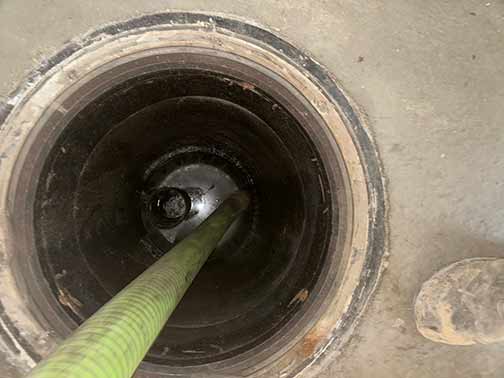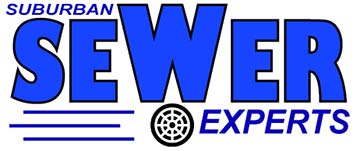
Grease buildup in sewer lines is a major problem in cities with central sewer systems. Grease is bad news if it gets into a sewer line because fats, oils and grease (FOG) can congeal into a solid mass that will become stubborn blockages within the sewer system, explains Stonelink Management team.
These blockages not only impede the flow of wastewater in the sewer line, their impact may extend beyond the system. Once inside a sewer line, fats, oils, and grease (FOG) may combine with the non-biodegradable materials inside the line to form what is known as a “fatberg.”
Fatbergs are large clumps of grease and solid waste that have bonded to form a rock-hard material inside the sewer line. Fatbergs can grow to enormous sizes, and once formed they can only be removed with special equipment and a lot of work.
While the fatberg is inside the sewer system, it will create all kinds of problems. These hard masses can block sewer lines and stormwater channels, resulting in costly overflows and flooding. They will also increase the rate of sewer backups in homes and businesses.
Also, even when grease can flow from the sewer system into the natural environment, it can still cause severe problems. Grease-laden wastewater poses a huge threat to aquatic life. It can poison groundwater systems and pollute the soil.
That is why it is never a good idea to discharge grease into a sewer system, whether a private or municipal sewer line. It is far cheaper to keep grease out of a sewer line than to remove it once it enters the system.
Protecting sewer systems from damage via grease control
The best way to solve the problems caused by grease buildup inside a sewer system is to find ways to keep grease out of the sewer line. That can be done by taking practical steps to reduce the rate of grease discharge into the sewer line. To do this, a two-step strategy is required:
- Intercept used-up grease at the sources where it is generated.
- Dispose of intercepted grease in an environmentally safe manner.
To intercept used-up grease before it can enter the sewer system, the primary sources from which grease enters the sewer system are identified. These are mostly commercial kitchens, restaurants and businesses where food is prepared in large quantities.
Restaurants and commercial kitchens use a device known as a GREASE TRAP to intercept the grease in wastewater and isolate it from the rest of the wastewater content. What is a grease trap, how does it work, and how should a grease trap be maintained?
Grease traps and how they work
A grease trap is a plumbing device designed to catch the grease in wastewater before it enters a building’s private sewer lateral (PSL) and into the municipal sewer lines. Grease traps are also known as grease recovery devices and grease interceptors.
They are usually installed below the sink or in the ground – at a point between the kitchen and the property’s main sewer line. Grease traps use a system of baffles to slow the flow of warm or hot, greasy water as it exits the building or the kitchen sink.
These systems work by slowing the water and forcing it to cool. That allows the grease to separate and float to the water surface near the top of the trap. The grease-free water is then released from the grease capture system, while the grease is retained for later removal.
Grease trap maintenance
Commercial kitchens and restaurants are required by law to have at least one grease trap on their premises. But the mere presence of a grease trap is not enough. The law also requires grease traps to be cleaned. That must be done in keeping with laid-down guidelines.
Regular grease trap cleaning is essential because grease traps eventually become filled with grease and stop working. An overflowing grease trap will not only lose its function but can pose more dangers than the problem it was originally meant to solve.
An overflowing grease trap exposes private and public sewer systems to damage by grease buildup. It raises the risk of environmental pollution. But more importantly, the decomposing grease inside the trap creates a health hazard for the restaurant’s customers.
Grease trap cleaning is subject to strict regulations because of the vital role commercial kitchens play in safeguarding public health and protecting public infrastructure. Businesses that fail to comply with the rules risk hefty fines, loss of reputation or even closure.
Are the grease traps in your establishment being maintained to satisfactory levels, or are you struggling to keep up with the schedules? Suburban Sewer Experts can help; our experts will take over the maintenance of your grease traps so you can spend your time doing the things that make you money.


